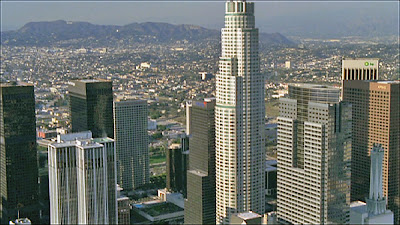The blog entries are due by Friday, May 3rd at noon.
Please answer every question in detail:
- What was your biggest struggle during this project?
- What aspect of the documentary makes you most proud?
- What aspect of the documentary would you have changed?
- If you had 6 months to work on this project, what more could/would you have done?
- What aspects of the project were you personally responsible for? Please be specific as possible.
- We can all agree that group is frustrating. What did you do to try to promote a healthy group atmosphere? What more do you wish you had done to help the group? Do you feel like you contributed a fair amount to the overall project?

%20and%20Sergei%20(Sergei%20Puskepalis)%20Long%20Shot.jpg)




